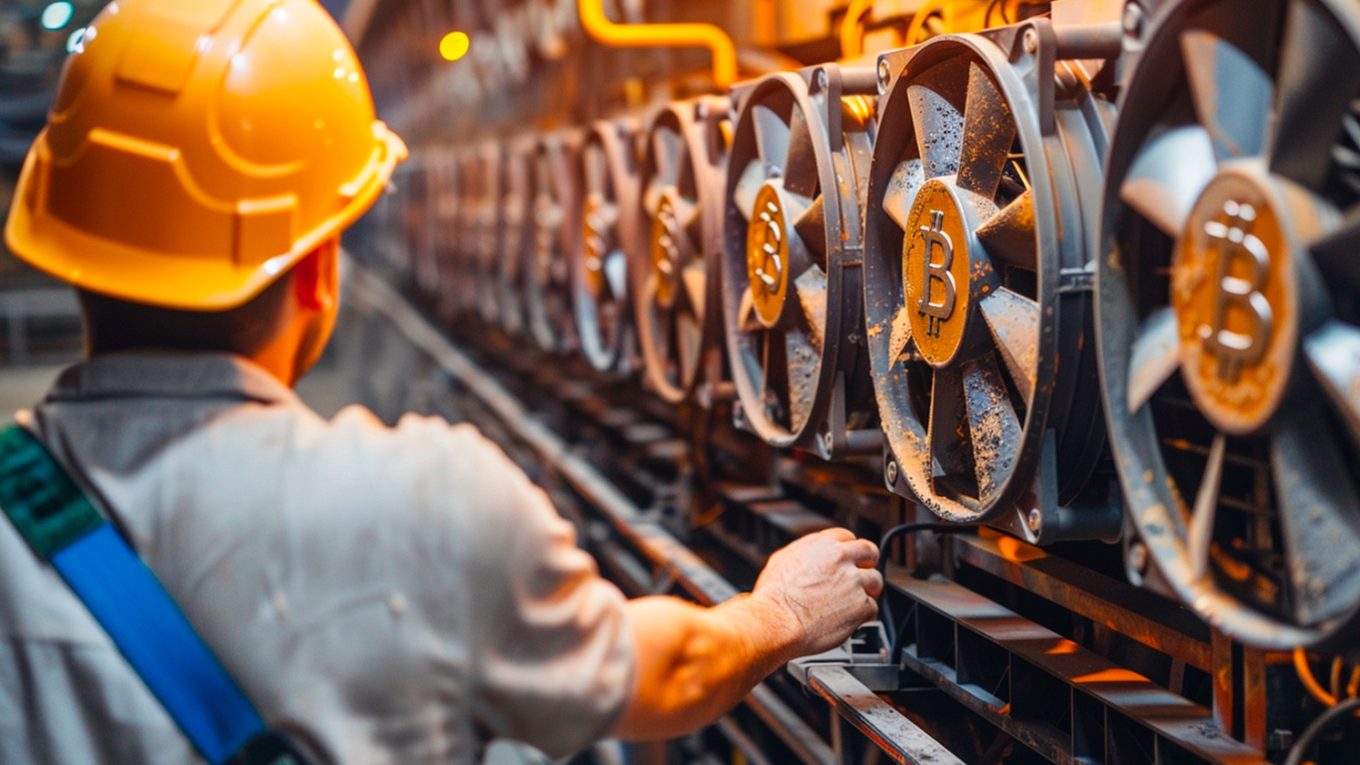Europe's largest telephone company starts mining Bitcoin
Deutsche Telekom subsidiary MMS has partnered with Bankhaus Metzler to explore Bitcoin mining using surplus renewable energy. The pilot project, based in Germany, aims to use excess energy generated by renewable sources such as solar and wind energy.
With this initiative, the company seeks to create a sustainable solution that leverages digital technology to stabilize energy networks during peak production periods. Deutsche Telekom is the largest telecommunications company on the continent, which brings even more emphasis to the decision
Deutsche Telekom subsidiary mines Bitcoin
According to a press release, MMS said it is partnering with Bankhaus Metzler to integrate Bitcoin mining as a stabilization mechanism. In this sense, the company seeks to balance the production and use of renewable energy in Germany.
This company approach aims to address challenges such as the efficient use of surplus energy generated by renewable energy. This is because there are still no efficient ways to store excess energy generated by wind or solar sources.
In fact, MMS itself highlights that this energy is often not used due to limited grid capacity or inadequate storage solutions. Therefore, the company chose to mine Bitcoin to monetize excess production, avoiding waste.
Mining operations will be hosted by Metis Solutions GmbH, together with Riva GmbH Engineering, located in Backnang, a city in southern Germany. Metis is a company with its own photovoltaic (solar) setup that provides services to individuals and companies.
This collaboration with Bankhaus Metzler aims to access Bitcoin mining's ability to balance energy demand and supply. In turn, it is expected to benefit solar and wind energy producers who encounter unpredictable energy production.
Additionally, Nyderle emphasized the project's goal of providing “rapidly available regulatory energy” to absorb power fluctuations. The initiative, according to Nyderle, is part of a broader goal of developing responsive systems that can adapt to the natural variability of renewable energy.
Telecommunications and blockchain
The pilot project highlights Deutsche Telekom's growing involvement in the blockchain and decentralized technologies sector. MMS is the telecommunications company's web3 infrastructure arm, which since 2020 has supported decentralized networks such as Chainlink, Fetch.ai and Polygon.
In 2023, MMS expanded into Proof of Work (PoW) ecosystems when it started running a Bitcoin node, marking a significant milestone in its blockchain journey.
Bankhaus Metzler launched its Digital Assets division in 2022, with an institutional focus. The bank focuses on helping its clients integrate digital assets and gain a competitive advantage.
Germany's experiment with Bitcoin mining as a power stabilizer follows similar initiatives in countries such as the US and Finland. The measure is efficient in countries where clean energy generation is predominant, but which suffer from surplus problems.
If successful, it could pave the way for wider adoption of blockchain technology as a viable tool for energy management. Furthermore, the program helps keep the BTC mining chain even cleaner, benefiting the environment.

